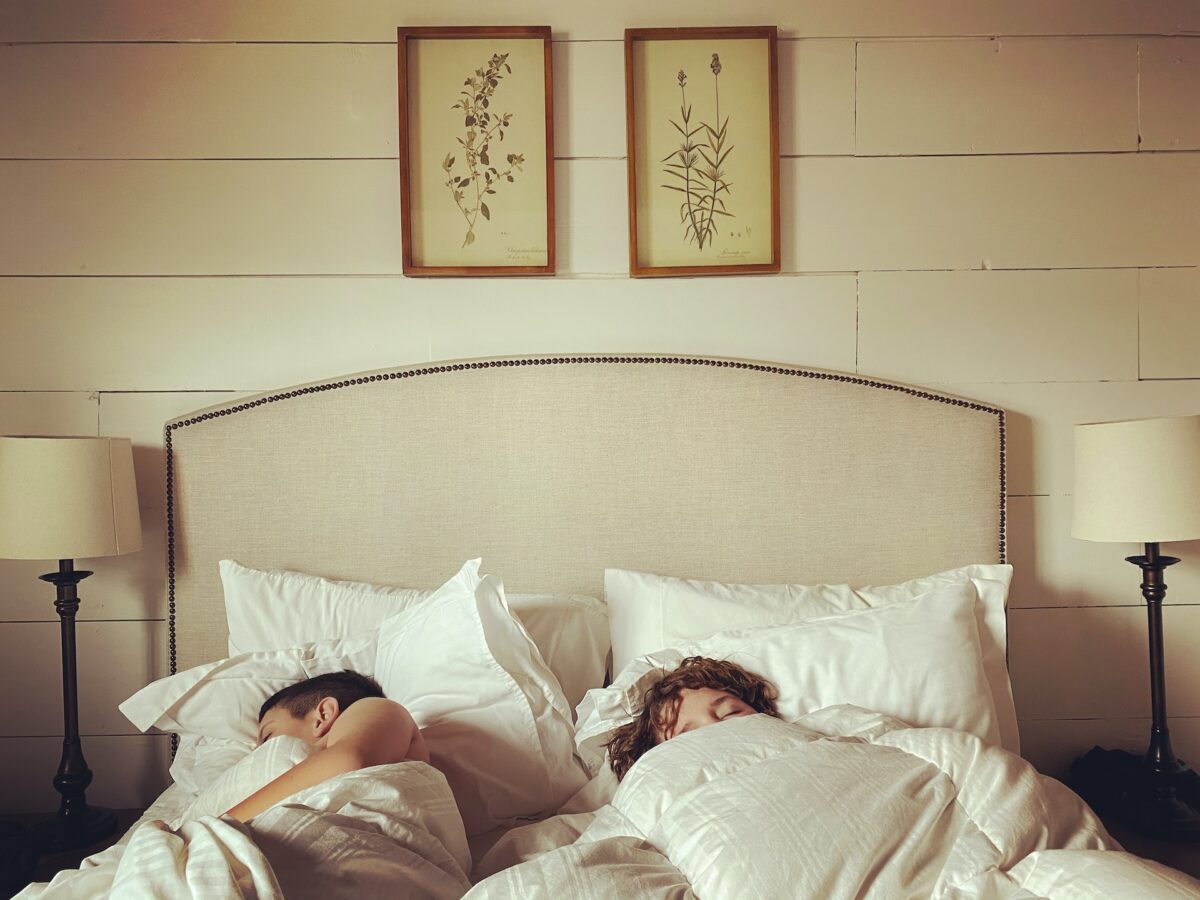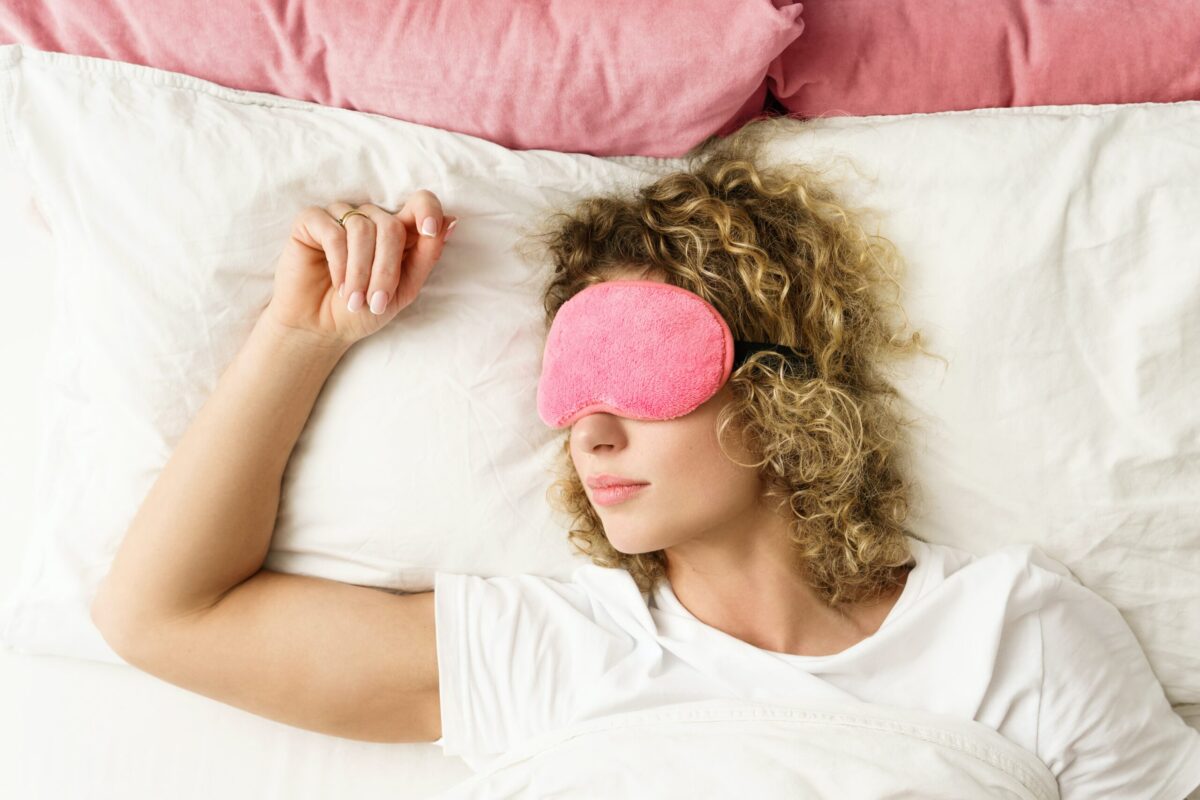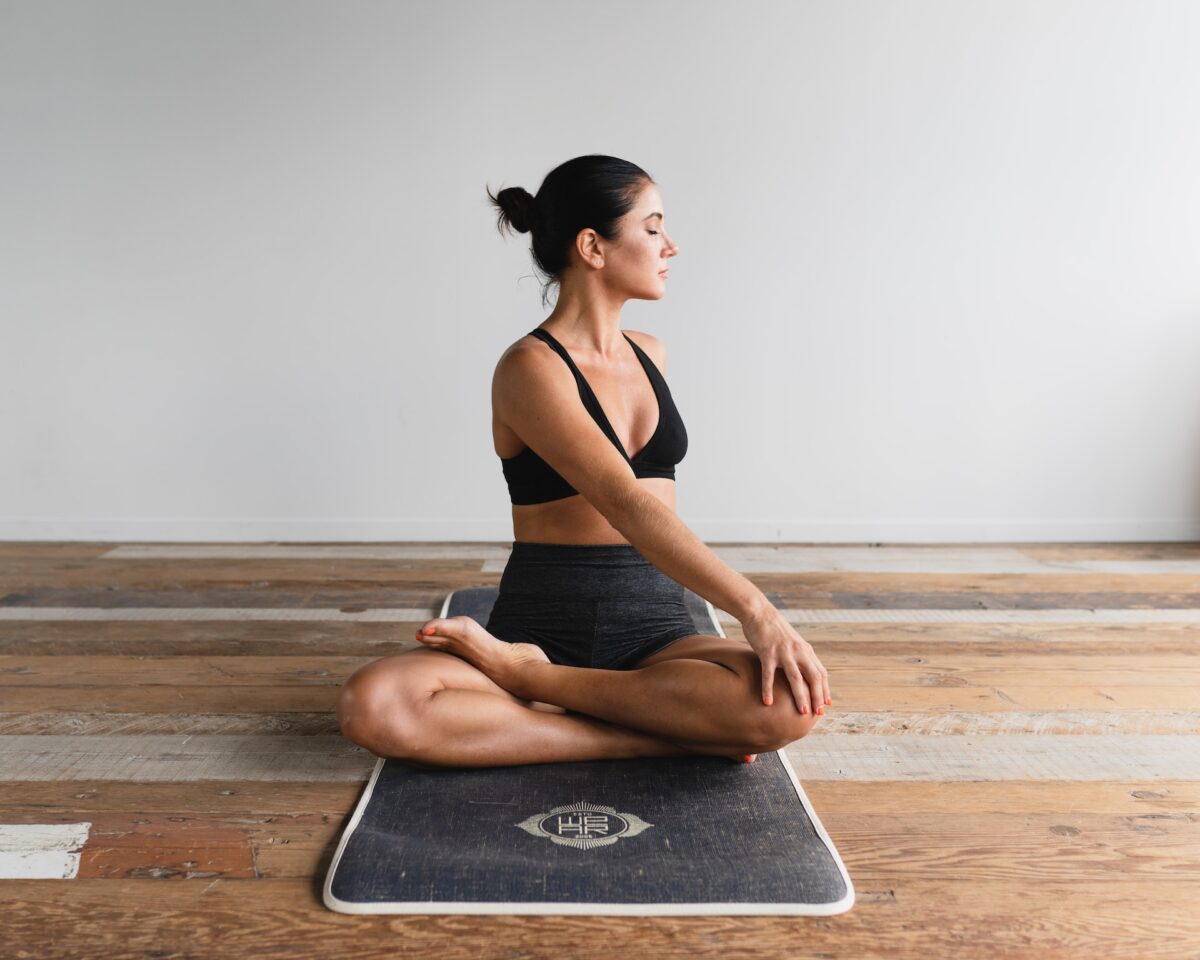Our modern, fast-paced lives often leave us feeling exhausted and depleted. With demands on our time from work, family, and socializing, it’s common to neglect an essential aspect of maintaining optimal health – restorative sleep. At the Paleo Wellness Retreat, we understand the importance of taking care of our bodies holistically, and that includes paying close attention to our sleep routines.
In this article, we explore the vital role sleep plays in supporting a successful paleo lifestyle. From cognitive function to physical well-being, the restorative power of sleep contributes to overall health in numerous ways, and poor sleep can have several negative effects on our bodies.
Numerous studies have revealed the importance of getting adequate sleep for supporting healthy brain function, emotional well-being, and physical health. For example, Harvard Medical School mentions that sleep plays an essential role in various aspects of brain function, including creative thinking, emotional well-being, and decision-making.
It has also been demonstrated that compromised sleep negatively impacts the immune system, makes it more difficult to maintain a healthy weight, and reduces the effectiveness of natural detoxification processes within the body.
A vital component of a paleo lifestyle is understanding and addressing our natural human needs. As we move away from the stresses and harmful elements of modern life, implementing a more ancestral way of living, sleep becomes an integral and often underestimated part of that equation. In our fast-paced world, it’s essential to prioritize sleep and make adjustments to our sleep environment and daily routine.
We will provide you with valuable tips throughout the article on how to optimize your sleep – from creating a calming sleep environment and establishing a consistent sleep schedule to managing stress and incorporating relaxation techniques into your daily habits. By understanding the importance of sleep and incorporating these practices into your life, you are enabling yourself to truly benefit from a paleo lifestyle.
So join us on this journey of self-improvement, better sleep, and fostering lasting health and vitality. Embrace the paleo lifestyle to its fullest by incorporating healthy sleep habits and discover a renewed sense of energy and well-being in your life.
The Importance of Sleep in a Paleo Lifestyle: Optimise Your Well-Being with Restorative Rest
The Power of Sleep for Our Bodies and Minds
The paleo lifestyle is not only about incorporating healthy food choices and physical activity but also about adopting an ancestral mindset, prioritising the essential aspects of our well-being. One such crucial aspect is sleep. Sleep is the body’s natural way of repairing and rejuvenating itself, allowing us to function at our best during waking hours. The critical benefits of sleep impact every aspect of our life, helping us maintain good physical, mental, and emotional health.
When we are well-rested, our bodies can work efficiently to repair and renew cells, strengthen the immune system, and maintain a healthy weight. Our minds can process and retain new information more effectively, leading to improved memory and decision-making skills. Furthermore, sufficient sleep has been shown to benefit emotional well-being, boosting our mood and decreasing stress levels. In the context of a paleo lifestyle, achieving regular, restorative sleep is an essential component for success.
Creating a Sleep-Inducing Environment
To optimise your sleep, it is crucial to create an environment conducive to rest and relaxation in the bedroom. The importance of a sleep-encouraging environment cannot be overstated, as it sets the stage for the quality and duration of rest we receive each night. Consider the following factors when creating your sleep sanctuary:
- Temperature: Research suggests that a slightly cooler room temperature facilitates sleep. Aim for a room temperature between 16-18°C (60-65°F). Experiment within this range to find the most comfortable temperature for your personal needs.
- Lighting: Minimise exposure to artificial light, especially blue light from screens, in the hour leading up to bedtime. Consider investing in blackout curtains or a sleep mask to block any external light during sleep hours.
- Comfort: Invest in a comfortable, high-quality mattress, pillow, and bedding. These investments will pay dividends in the long run by providing a proper foundation for deep, restorative sleep night after night.
- Ambience: Maintain a calm, uncluttered bedroom environment. Eliminate distractions, such as electronic devices, work materials, or excessive noise. Consider incorporating calming elements, such as soothing colours, soft lighting, or the gentle scent of lavender essential oil, to further support relaxation.
Establishing Consistent Sleep Patterns
Creating a consistent sleep schedule is an essential aspect of optimising sleep quality and duration. An irregular sleep routine can disrupt the body’s internal clock, leading to difficulty falling asleep and reduced sleep efficiency. To establish a consistent sleep pattern:
- Set a regular bedtime: Aim to go to bed at roughly the same time each night, even on weekends or holidays, to help regulate your body’s sleep-wake cycle.
- Create a bedtime routine: Establish a relaxing pre-bedtime routine, including activities such as light stretching, reading, or practising deep breathing exercises, to signal to your body that it is time for sleep.
- Limit naps: Limit daytime naps to occasional short rests rather than long, frequent naps to ensure that they do not interfere with nighttime sleep quality.
- Avoid stimulants: Be mindful of your consumption of stimulants, such as caffeine and nicotine, especially in the hours leading up to bedtime. Consider switching to decaffeinated beverages or herbal tea in the evening to encourage sleepiness.
Managing Stress and Incorporating Relaxation Techniques
High stress levels can interfere with sleep quality, making it difficult to fall asleep or maintain restful sleep throughout the night. Implement some relaxation techniques into your daily routine to reduce stress and improve sleep quality:
- Exercise regularly: Physical activity has been shown to help alleviate stress and support sleep. Incorporate exercise into your routine, but avoid vigorous activity within three hours of bedtime.
- Practice mindful meditation: Taking even just a few minutes each day to engage in mindful meditation can help reduce stress levels and improve overall sleep quality.
- Utilise yoga or stretching: Both activities promote relaxation and help prepare your body for sleep. Incorporate gentle stretching or a short yoga sequence into your pre-bedtime routine.
- Seek professional support: If stress becomes overwhelming, consider seeking support from a qualified therapist or counsellor to help develop healthy coping mechanisms.
Embrace the Power of Sleep in Your Paleo Lifestyle
Adopting a paleo lifestyle is an ongoing commitment to nurturing your whole self. To truly thrive, we must prioritise all aspects of our health, including the often-overlooked necessity of sleep. By creating a sleep-inducing environment, establishing a consistent sleep pattern, and effectively managing stress, you provide yourself with the foundation for deep, restful, and rejuvenating sleep. Embrace the full potential of the paleo lifestyle and witness the transformation in your energy and well-being as you prioritize restorative rest.
Join us at the Paleo Wellness Retreat in Thailand for the ultimate health retreat experience! Our Phuket-based retreat offers a unique paleo program designed to help you lose weight, detoxify your body, and restore your energy levels. Say goodbye to stress and hello to optimal health. Book your retreat now at Paleo Wellness Retreat and start your journey towards a healthier you!










